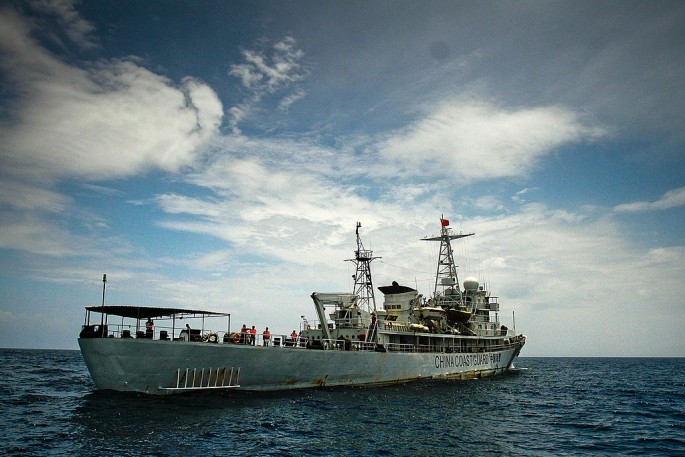China will reportedly train fishermen to patrol the disputed territories along the South China Sea amid turmoil in the region as several other countries claim sovereignty over the waters.
An unnamed source told Reuters that the fishermen were being trained to sail into the disputed waters to gather information and keep watch over China's territory.
"The maritime militia is expanding because of the country's need for it, and because of the desire of the fishermen to engage in national service, protecting our country's interests," explained the source who was an advisor to the Hainan government who requested for anonymity.
China's Maritime Militia
According to Reuters' source, the fishermen undergo basic military training under the People's Armed Forces Department's city-level branches which are managed by both military and local Communist Party authorities.
There, the fishermen will be taught the basics of search and rescue operations, surviving disasters at sea, and "safeguarding Chinese sovereignty" starting May until August.
Participating fisherfolk will be paid by the government, which would require them to use sturdier vessels with steel hulls instead of the wooden ones.
The fishermen militia will be monitored by Global Positioning Satellite equipment that would allow them to contact the state Coast Guard should there be any emergencies.
According to the Diplomat, the presence of this maritime militia provides the People's Liberation Army Navy (PLAN) with a cheaper multiplier of forces in the area with less profound legal implications.
"The sheer size and scope of the vast network of China's maritime militia complicates the battlespace, degrades any opponent's decision-making process and exposes adversaries to political dilemmas that will make them more cautious to act against China during a maritime crisis or naval war," the outlet explained.
Why Fisherfolk Still Participate
It appears that aside from the pay, the fishermen are also motivated to join the training because it is an opportunity for them to directly protect their livelihood.
"If some foreign fishing boats infringe on our territory and try to prevent us from fishing there . . . Then we're put in the role of safeguarding sovereignty," said Chen Rishen, an operator for a government-subsidized fishing firm.
"Defending sovereignty is primarily the government's concern. But of course, regular folks being able to fish in their own countries' waters should be the norm. That goes for us, too," said Ye Ning, a fishing company manager in Haikou.
Unsurprisingly, the move is predicted to have consequences including the possibility of stirring more conflict with the other countries claiming sovereignty over the territories and putting the fisherfolk at risk.



























